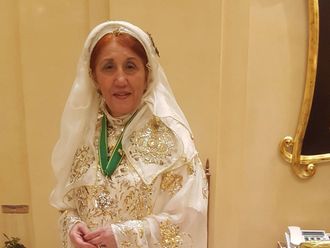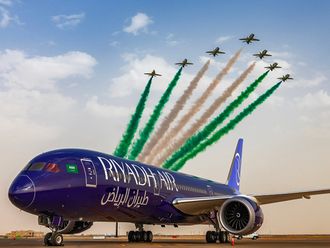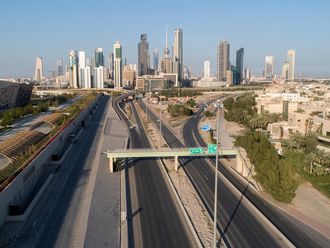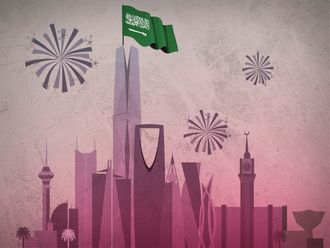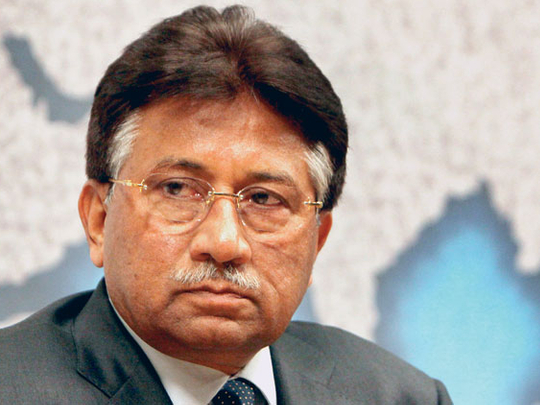
London: King Abdullah Bin Abdul Aziz and ruling princes distrust Asif Ali Zardari, the Pakistan's president, and would prefer "another Musharraf".
In recent years Saudi rulers have played favourites with Pakistani politicians, wielded their massive financial clout to political effect and even advocated a return to military rule.
"We in Saudi Arabia are not observers in Pakistan, we are participants," the Saudi ambassador to the US, Adel Al Jubeir, said in 2007. A senior US official later bemoaned as "negative" the Saudi influence.
As home to Islam's holiest sites, Saudi Arabia has longstanding ties with Pakistan. In the 1980s Saudi intelligence, along with the CIA, funded the anti-Soviet "jihad" in Afghanistan; since then the Saudis have given billions in financial aid and cut-price oil.
But the close relationship has grown "increasingly strained" in the past two years, with Saudi Arabia displaying a clear preference for the opposition leader, Nawaz Sharif, over the president, Asif Ali Zardari, who is viewed with thinly veiled contempt.
Sharif's exile
In January 2009 King Abdullah told James Jones, then the US national security adviser, that Zardari was incapable of countering terrorism, describing him as the "rotten head that was infecting the whole body".
King Abdullah added that Pakistan's army was "staying out of Pakistani politics in deference to US wishes, rather than doing what it ‘should'".
King Abdullah's preference for military rule was recorded by the Saudis' American guests: "They appear to be looking for ‘another Musharraf': a strong, forceful leader they know they can trust."
His views were echoed by the interior minister, who said Saudi Arabia viewed the army as its "winning horse" in Pakistan.
Hints of anger
The Saudis betray a strong preference for Sharif, who fled into exile in Jeddah in 2000 to avoid prosecution under General Pervez Musharraf. The cables contain details of Sharif's secret exile deal he was to remain out of politics for 10 years as well as hints of Saudi anger when he returned to Pakistan in 2007.
Since then, however, Saudi displeasure has abated, and the Saudis clearly view him as "their man" in the Pakistani power game. In early 2008 the Saudi foreign minister, Saud Al Faisal, described Sharif as a "force for stability" and "a man who can speak across party lines even to religious extremists".
American officials noted that Sharif had obtained preferential business deals during his time in Saudi Arabia.




